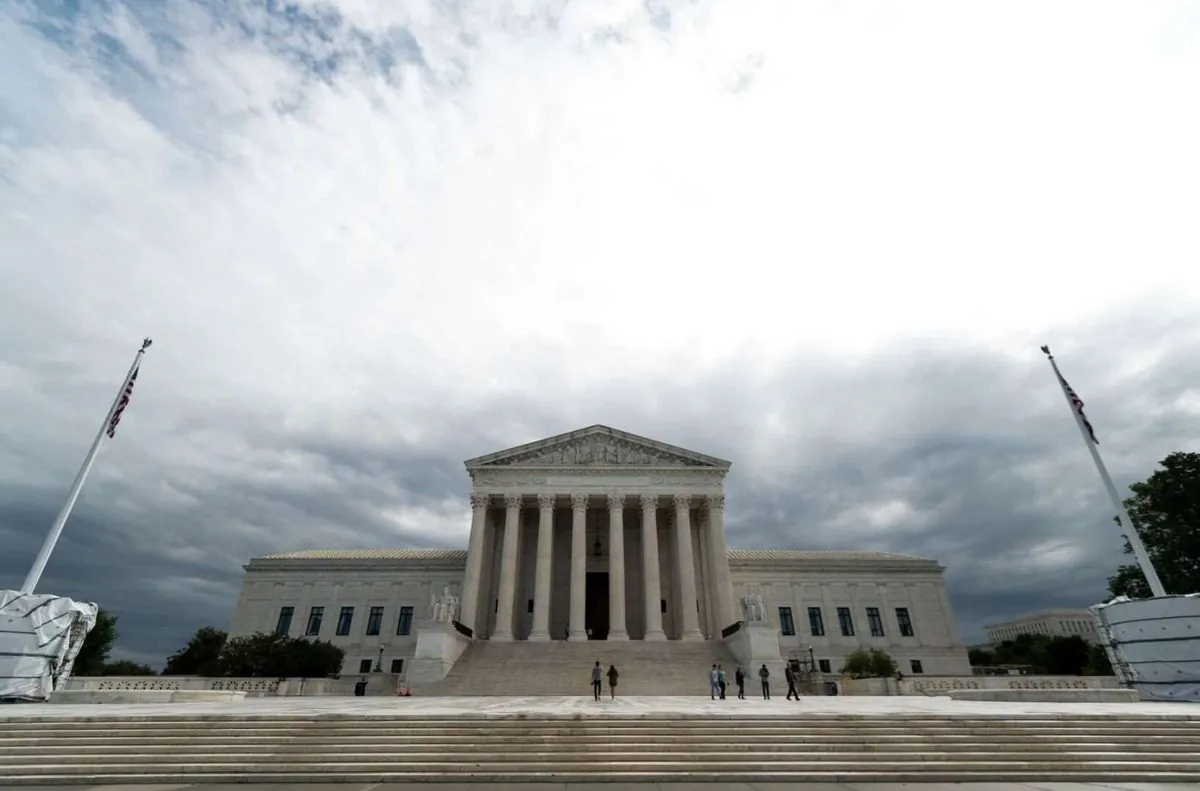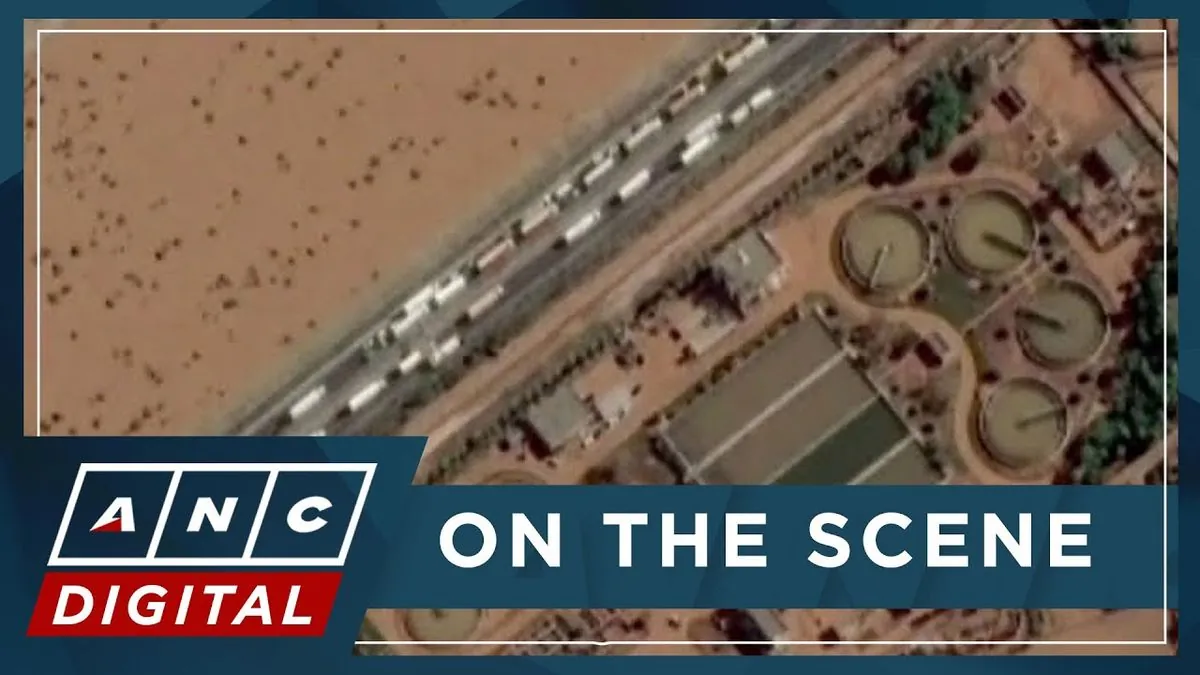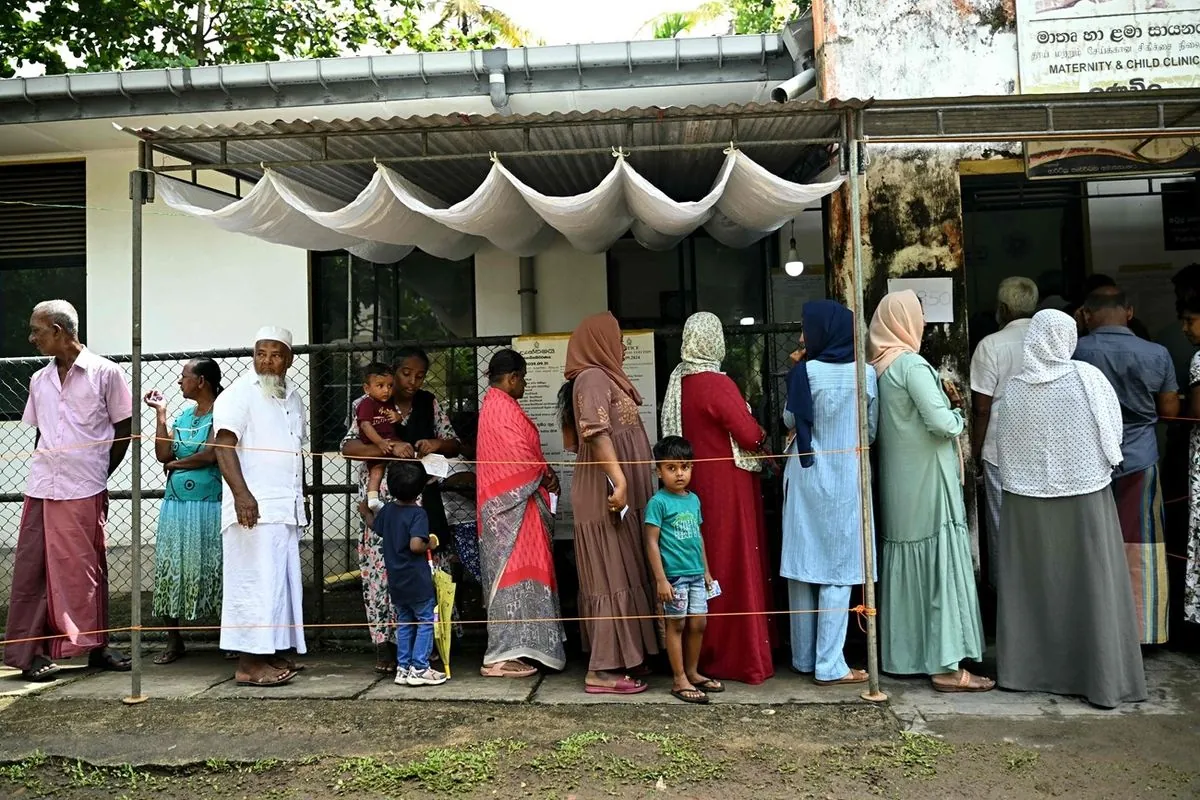U.S. Bolsters Middle East Forces Amid Rising Israel-Hezbollah Tensions
The Pentagon announces deployment of additional troops to the Middle East as tensions escalate between Israel and Hezbollah. Naval movements and potential carrier redeployments highlight U.S. readiness in the region.
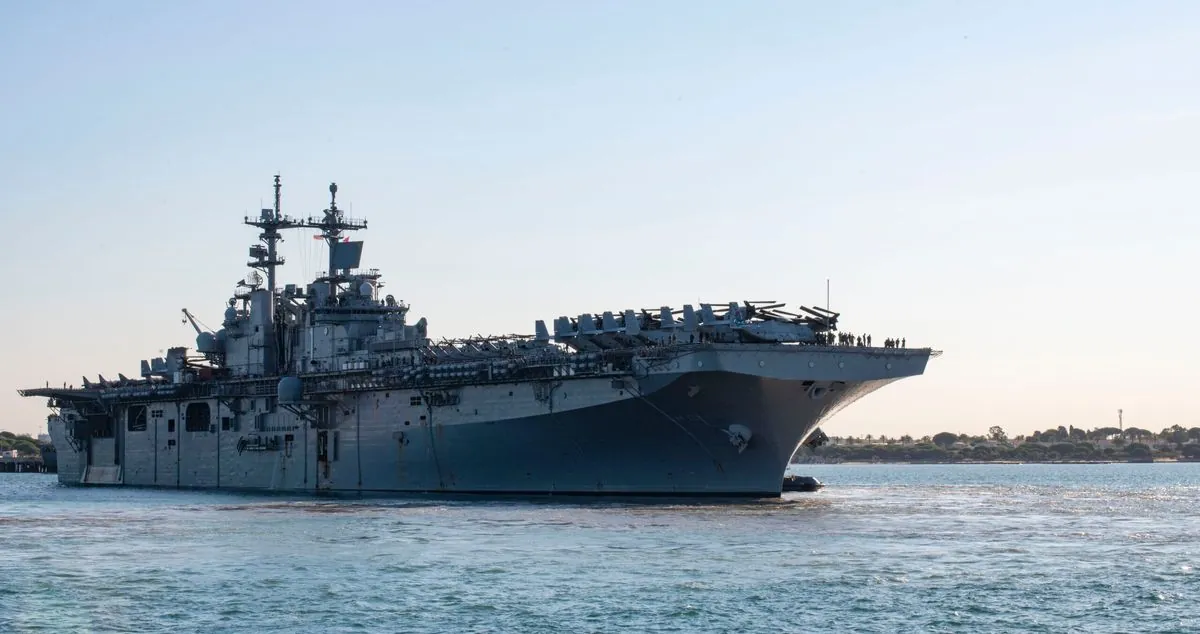
The United States Department of Defense has announced the deployment of additional military personnel to the Middle East in response to escalating tensions between Israel and Hezbollah. This decision comes as the region faces increased volatility, with the potential for wider conflict looming.
Pentagon spokesperson Maj. Gen. Pat Ryder confirmed the deployment but refrained from providing specific details about troop numbers or their assigned tasks. The U.S. currently maintains approximately 40,000 troops in the Middle East, a region that has been a focal point of American military presence since the Gulf War.
In a significant naval movement, the USS Harry S. Truman, a Nimitz-class nuclear-powered aircraft carrier, along with two destroyers and a cruiser, departed from Norfolk, Virginia on September 23, 2024. Their destination is the Sixth Fleet's area of operations in Europe, which includes the strategically important Mediterranean and Black Seas. This deployment opens up the possibility of maintaining two carrier strike groups in the region, with the USS Abraham Lincoln already positioned in the Arabian Gulf.
The presence of two carrier strike groups in the Middle East simultaneously is a rare occurrence in recent years. These formidable naval forces serve as mobile air bases, capable of launching air strikes and providing crucial air support. The Nimitz-class carriers, among the largest warships globally, significantly enhance the U.S. military's capabilities in the area.
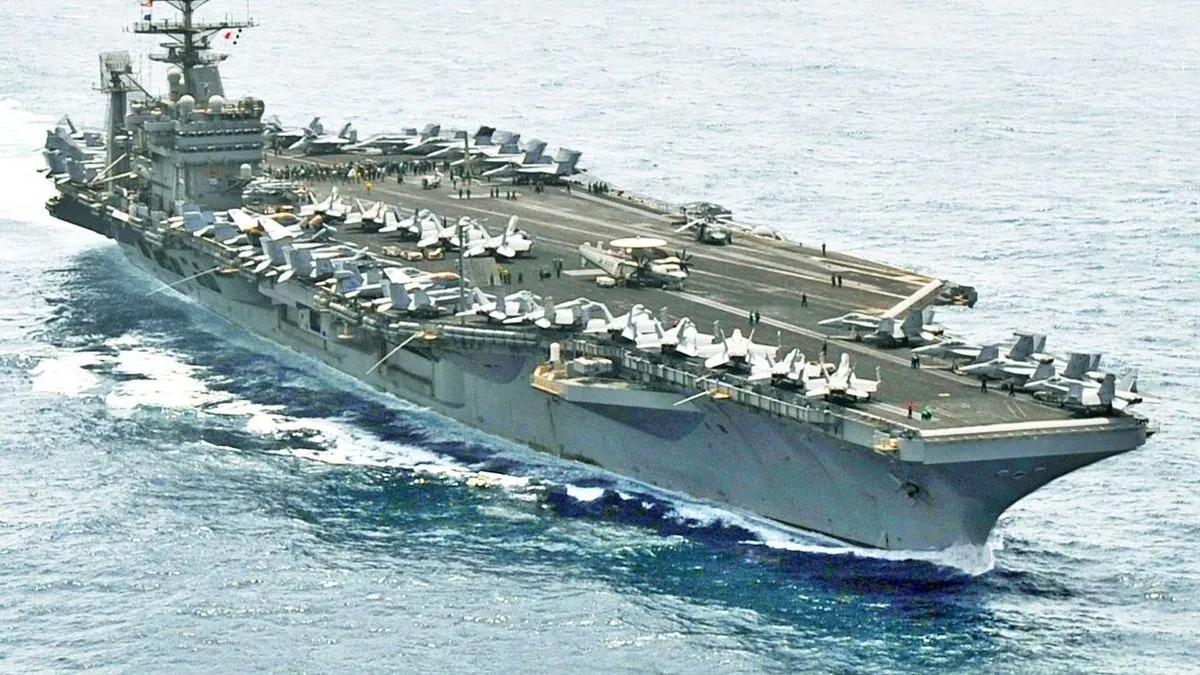
Israel's recent military actions have intensified the situation. Israeli forces have conducted significant strikes against targets inside Lebanon, resulting in numerous casualties. On September 23, 2024, Israeli Prime Minister Benjamin Netanyahu issued a warning to Lebanese civilians, urging them to evacuate their homes in anticipation of an expanded air campaign. This development has raised concerns about the potential for a broader regional conflict.
In light of these developments, the U.S. State Department has issued a warning to American citizens in Lebanon, advising them to leave the country while commercial travel options remain available. This precautionary measure underscores the unpredictable nature of the ongoing conflict between Hezbollah and Israel.
Defense Secretary Lloyd Austin, the first African American to hold this position, has been actively engaged in diplomatic efforts to de-escalate tensions. Over the weekend of September 21-22, 2024, Austin held multiple conversations with Israeli Defense Minister Yoav Gallant, emphasizing the need for a cease-fire and reduction of regional tensions.
The U.S. military presence in the Middle East serves dual purposes: to support the defense of Israel and to protect American and allied personnel and assets. Naval assets are strategically positioned across the region, from the eastern Mediterranean Sea to the Gulf of Oman. Additionally, both Air Force and Navy fighter jets are stationed at various locations to ensure rapid response capabilities.
The current situation highlights the complex geopolitical landscape of the Middle East, a transcontinental region centered on Western Asia, Turkey, and Egypt. The involvement of groups like Hezbollah, a Lebanese Shia Islamist political party and militant group, and Hamas, a Palestinian Sunni-Islamic fundamentalist organization, further complicates the regional dynamics.
As tensions continue to simmer, the U.S. Central Command (CENTCOM) remains vigilant, overseeing military operations in this critical region. The potential for escalation remains a significant concern, with Maj. Gen. Ryder acknowledging the dangerous nature of the situation while stating that a wider regional conflict has not yet materialized.
The coming weeks will be crucial in determining whether diplomatic efforts can prevail in reducing tensions or if the region will face further military escalation. The U.S. military's enhanced presence serves as a deterrent and a readiness measure, underscoring the nation's commitment to stability in this historically volatile part of the world.






























